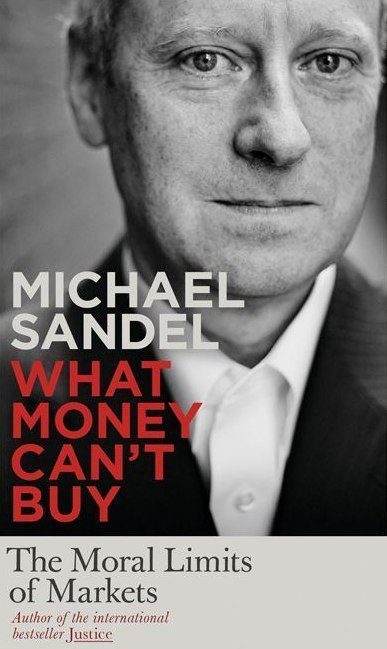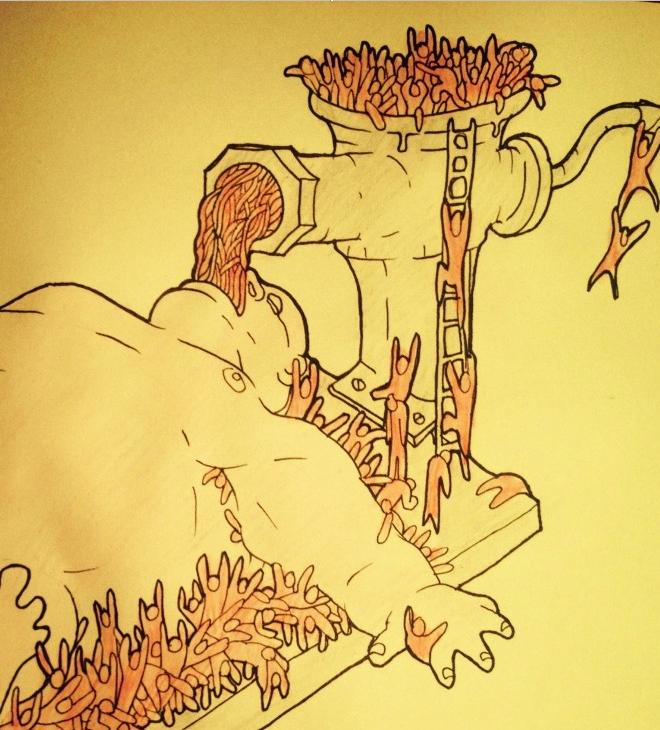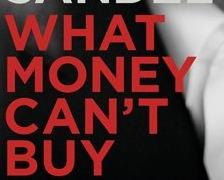[dropcap style=”font-size:100px; color:#992211;”]E[/dropcap]ver been made to write a thank-you note? Bullshit, isn’t it?
The main problem with them is that it is under duress; you’re doing it because Muvva & Favva Sez So, not because you’re being sincere.
They’re also dreadfully middle class. Coming from the scummier end of the social spectrum, I was never pressed to do anything so desperately Home Counties, and so I was free to soak up the atmosphere of passive aggression, resentment, crap grammar and swearing instead.
[quote]anyone who’s willing
to bet on whether
Al Qaeda is about
to Sarin the living
shit out of Los
Angeles is probably
a total sociopathic
twat to begin with[/quote]
Still, I knew that if you meant it, saying it to someone’s face or ringing them up to thank them was the best way of doing it. There was no way to mask your true feelings, and you wouldn’t want to anyway. Anything else would have been corrupt.
So perhaps Harvard Philosophy Professor Michael J. Sandel is onto something in his new book, What Money Can’t Buy. In it, he summarises his argument succinctly in one particular case – an acquaintance that ensured his unruly sprogs would write thank you notes by bribing them with money. Net result – face-saving bullshit was duly put in the post but the kiddies got a little too used to getting paid for the privilege.
Something had been lost.
Other disturbing examples include a certain US organisation trying to encourage drug addicts to sterilise themselves in exchange for cash, sponsored police cars, the growth in paid-for blood donations, the rich and famous buying their way out of China’s One Child policy, private boxes at sporting events so you don’t mix with the plebs, rich gits paying people to stand in queues for them, stock markets investing on the likelihood of terrorist attacks and other such perversities.
From that perspective, the book is a thorough doing-over of how marketization has affected everything from politics to universities, weight loss to speed limits, the NHS to toilets. The book argues that by allowing financial inducement to permeate how we go about our lives, we risk dehumanising ourselves utterly.
Certainly, Sandel has done his homework (presumably without needing to be bribed with M&Ms by his publisher). The citations alone take up 26 pages in small print, and his arguments are thorough and grounded. As he says at one point:
“As markets reach into spheres of life traditionally governed by nonmarket norms, the notion that markets don’t touch or taint the goods they exchange becomes increasingly implausible… Market mechanisms can backfire by crowding out nonmarket norms. Sometimes, offering payment for a certain behavior [sic] gets you less of it, not more.”
Well, you can’t argue with that – can you?
Actually, you can. Let’s go back to the father bribing his children. Maybe the corruption didn’t begin when money changed hands, but when he insisted they write insincere thank-you notes as a way of keeping up appearances.
Perhaps the outfit sterilising drug addicts was already corrupt and – let’s face it – full-on sinister, before it hit upon the idea that paying (usually black) addicts to have their tubes tied was a good idea.
Meanwhile, China had already made things corrupt by imposing an arbitrary limit on human nature (and before anyone wheels out a Malthusian argument at this point, need I point out that the best way to control population growth is to empower, educate and emancipate women, not force them to have abortions at gunpoint?).
And anyone who’s willing to bet on whether Al Qaeda is about to Sarin the living shit out of Los Angeles is probably a total sociopathic twat to begin with. The markets simply gave him (and it is usually a him) a way of making money out of his gaping hole where a soul should be.
Which is to say, in essence, that corruption only occurs when you are corruptible to begin with. Economic corruption is real, to be sure, but it needs social and political corruption to be there before it can take root. To ascribe the markets with the ability to deprave is to assume that those who are warped weren’t depraved to begin with. Sandel falls victim to the Mary Shelley fallacy: that things are innately harmful, rather than that they are defined by those that harness them.
And therein lies the problem with the book. Sandel’s argument falls apart precisely because it is focussed and has a clear culprit. The real issue is human agency and the choices we make. Sandel’s argument is more akin to the claim that playing violent video games makes you violent, or that porn turns you into a rapist. Neither is true; we ascribe our own meaning to things, so if playing Call of Duty or watching Jam-Guzzling Scone Grannies vol. 27 makes you an unpleasant person, you probably were one to begin with.
Which is to say, Alan Greenspan had to sit at Ayn Rand’s knee before he could unleash the markets. And even then, there was no reason why he should embrace nihilistic libertarianism other than because he chose to. Even if our experiences depend on other people, we still often co-author them through our own perceptions, predilections and predispositions.
Like all manifestations of human agency, the market is just a tool, a means of negotiating and managing resources. If the markets can corrupt or wreck havoc, it is because we let them. Certainly, you can use your PC to peddle hate, spread images of child abuse or harass and bully, but you can also use it to create, inspire, educate and make your life better. After all, the first precision engineers started out as gunsmiths – it’s just that they turned those same skills to a more peaceful use, like creating the first typewriters.
And therein lies the central failing of “What Money Can’t Buy”. What Sandel identifies is not a cause but a symptom. If you pay your children to be insincere, then you’ve got bigger problems than just money.
What Money Can’t Buy – The Moral Limits of Markets
By Michael J Sandel
Penguin Books
RRP £8.99 (PB)
Illustration by Dan Booth
Trebuchet review pertaining to the market, and how the market corrupts those corrupted by the market

Alexander Hay is a writer and polemicist based online and in print.






















